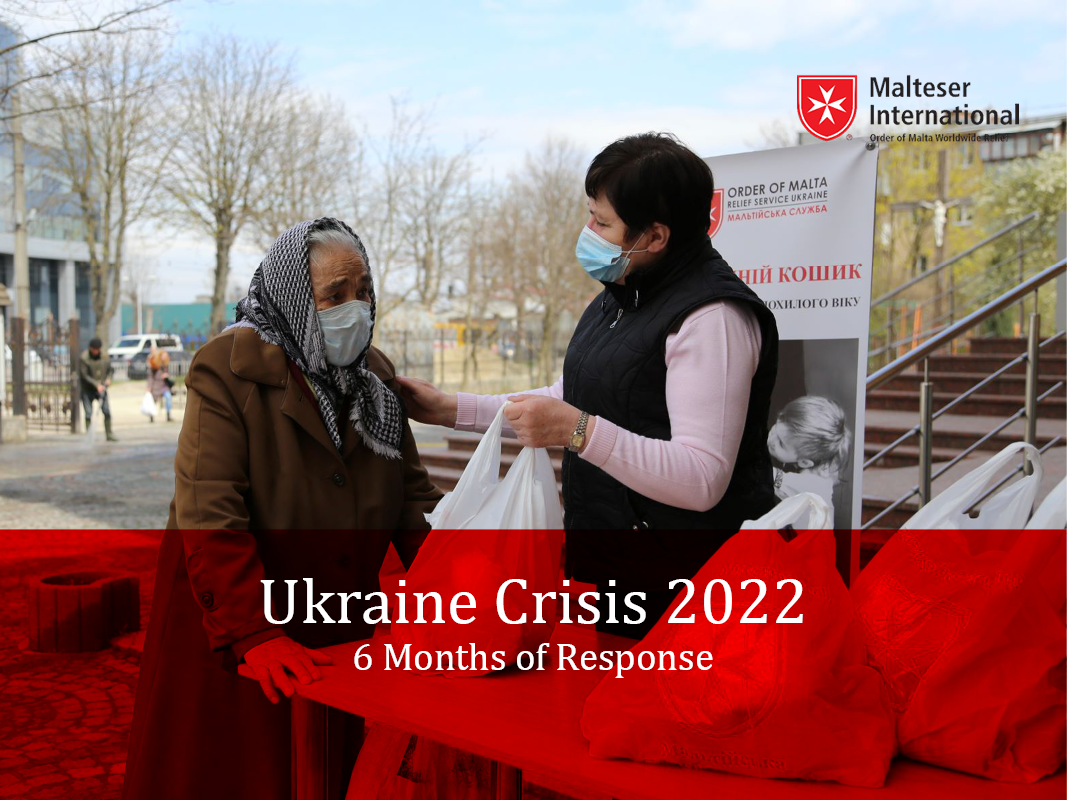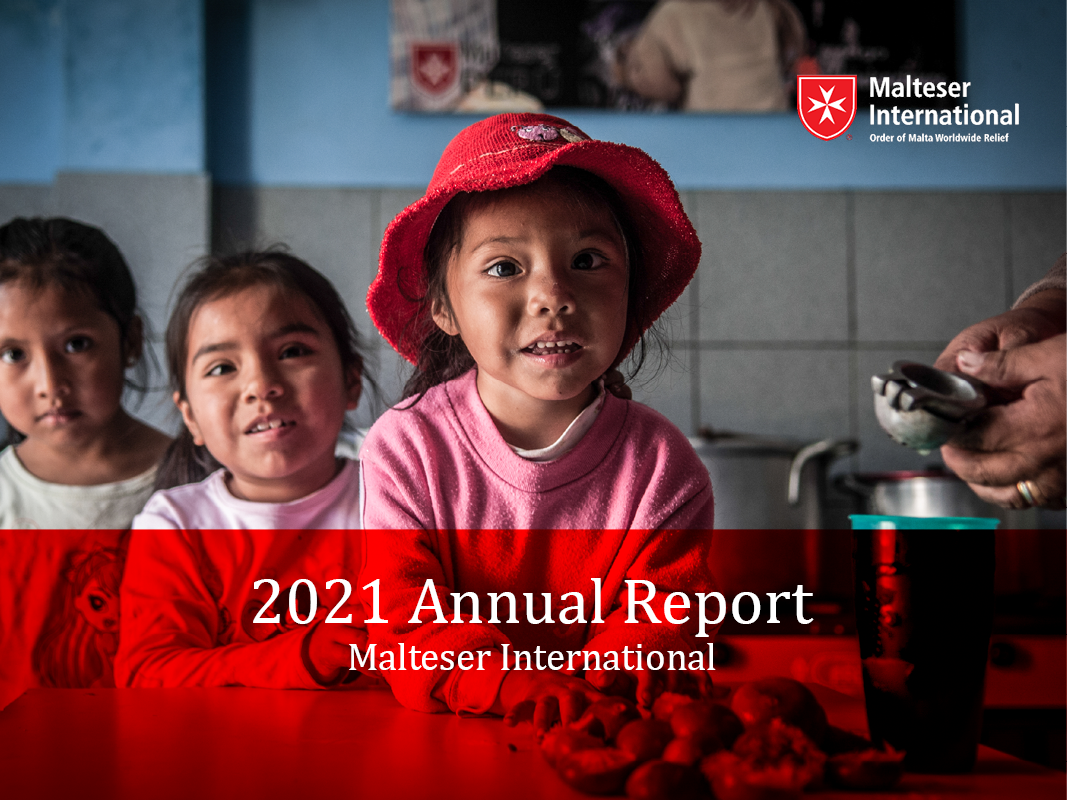International
International Dispatch: Ukraine, Pakistan, and Thailand
October 2022
Through our Malteser International network, we have 140 active projects in 35 countries around the world. For this edition of On the Spot, we’re highlighting interventions from Ukraine, Pakistan, and Thailand which have been vitally important for thousands of individuals affected by war, natural disasters, and years of on-going displacement.
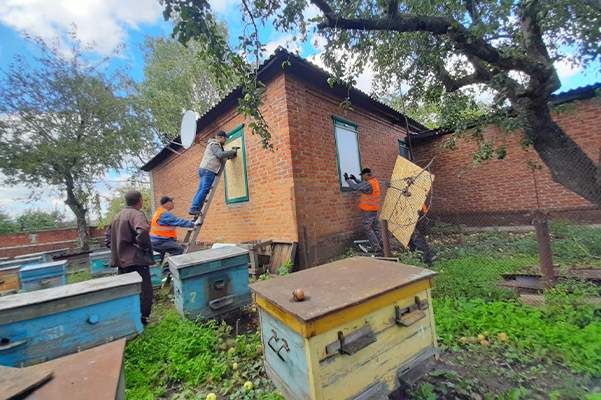
In Ukraine, our aid distributions through Malteser Ukraine continue despite increased shelling in key cities in the west of the country. In Lviv, water and electricity supply were temporarily down, and communication networks interrupted after a thermal power plant was bombed in early October. Many refugees, individuals and families who have lost their homes, and those who have been internally displaced face dreary prospect as winter looms.
“When the war started in February, it was bitterly cold in Ukraine. Now the next winter is already approaching, and my hopes that the war will end soon is diminishing by the day. That’s why we have to prepare people for the cold season as best we can,” says Pavlo Titko, head of Malteser Ukraine.
In anticipation of a cold winter, distributions of critical aid such as non-perishable food items, warm clothes, sleeping bags, blankets, stoves, and insulation material have begun for families in Eastern Ukraine who have been the hardest hit from the ongoing conflict.
“Many are living in makeshift shelters as some 140,000 homes have been destroyed in the past seven months. We received a call from an elderly woman who now lives with her chickens, dogs, and goats in a barn because her house in eastern Ukraine was bombed. She doesn’t want to leave her home or leave her animals alone. We will now insulate her barn and install a wood stove so that the elderly woman is prepared for the upcoming cold. She is just one example of the challenges people face in Ukraine,” says Pavlo Titko.
The UN estimates that 12 million people inside Ukraine will need relief and protection, while more than 7 million people have fled the country.
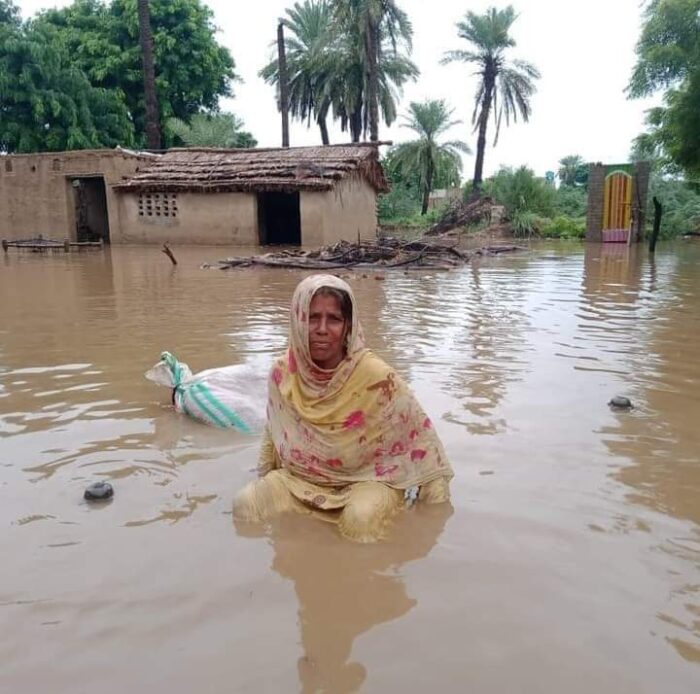
In Pakistan, an abnormally intense monsoon season not seen in 30 years culminated in torrential floods this August, claiming the lives of over 1,700 (as of September 2022), displacing nearly 8 million, and affecting over 33 million in the country – 20 million of these are in dire need of humanitarian assistance.
Malteser International has provided 100,000 euros in emergency relief funds, sent over 60 mobile medical clinics to the most affected areas, as well as provided temporary shelter, medicine, and cash distributions to 6,000 particularly vulnerable families.
Landslides and flash floods swept away homes, roads, and bridges. In many villages, people are cut off from all help and lack access to clean drinking water. In the weeks since the flooding, stagnant water risks becoming a fervent breeding ground for infectious diseases like typhoid, cholera, dengue, and malaria.
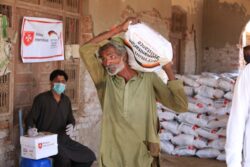
“We are witnessing the next humanitarian catastrophe,” says Cordula Wasser, Head of Malteser International’s Asia Department.
In our mobile medical clinics, 250-300 patients are being treated daily by each of the 60 teams. The medical treatments are free of charge. “Sick people no longer have to make a tedious and long journey to distant health facilities. Currently, it is mainly children and pregnant women who come to our tents,” says Wasser.
In Thailand, where Malteser International has been active since 1979, we continued our psychosocial support for refugees which was particularly important to highlight on this past World Mental Health Day (October 10th).
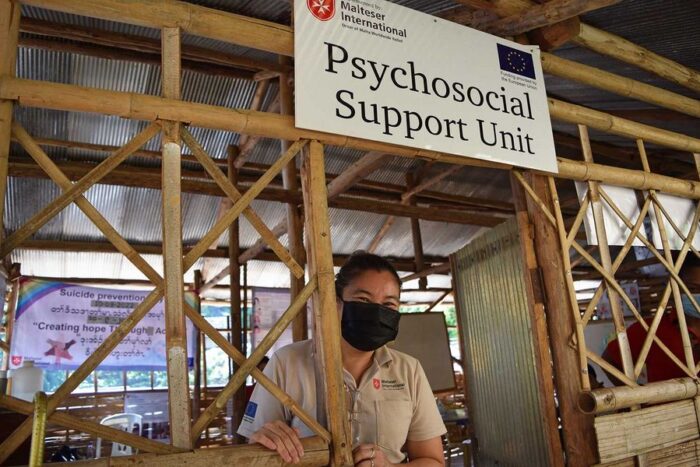
For decades, Thailand has hosted nearly 100,000 refugees from Myanmar who are scattered across nine camps located on the Thai-Myanmar border. These camps have been in place for decades as refugees fled their home country to escape persistent violence. Here, we provide basic medical care for approximately 18,000 refugees in two of these nine camps: Mae Ra Ma Luang and Mae La Oon.
While many refugees suffer from mental health issues, “they often come to our psychosocial support team initially complaining of physical problems,” says Chitlada Kankeow, Malteser International’s psychosocial support supervisor here. Only “after talking and spending time together, most people realize that it’s not a physical problem, but that it has to do with their mental health. The majority of patients suffer from depression, which is usually a consequence of the trauma they experienced before and during their displacement from Myanmar. The symptoms I see on a regular basis are that the patients are really suffering and can’t cope anymore.”
Breaking the cycle of mental health stigma is vitally important especially for those in precarious situations like refugees and displaced persons. Incorporating mental health into our humanitarian aid and understanding it as an integral part of overall health is key.
Professionals like Chitlada are invaluable to our work in supporting the most vulnerable. When asked what her motivation is for her work, she tells us that her main inspiration is her grandfather who was a pastor. He often visited “church members who were not well, and he always told us children that we should help other people when we have the opportunity. Therefore, I am happy that in my profession I can help people and support them to feel good again.”

